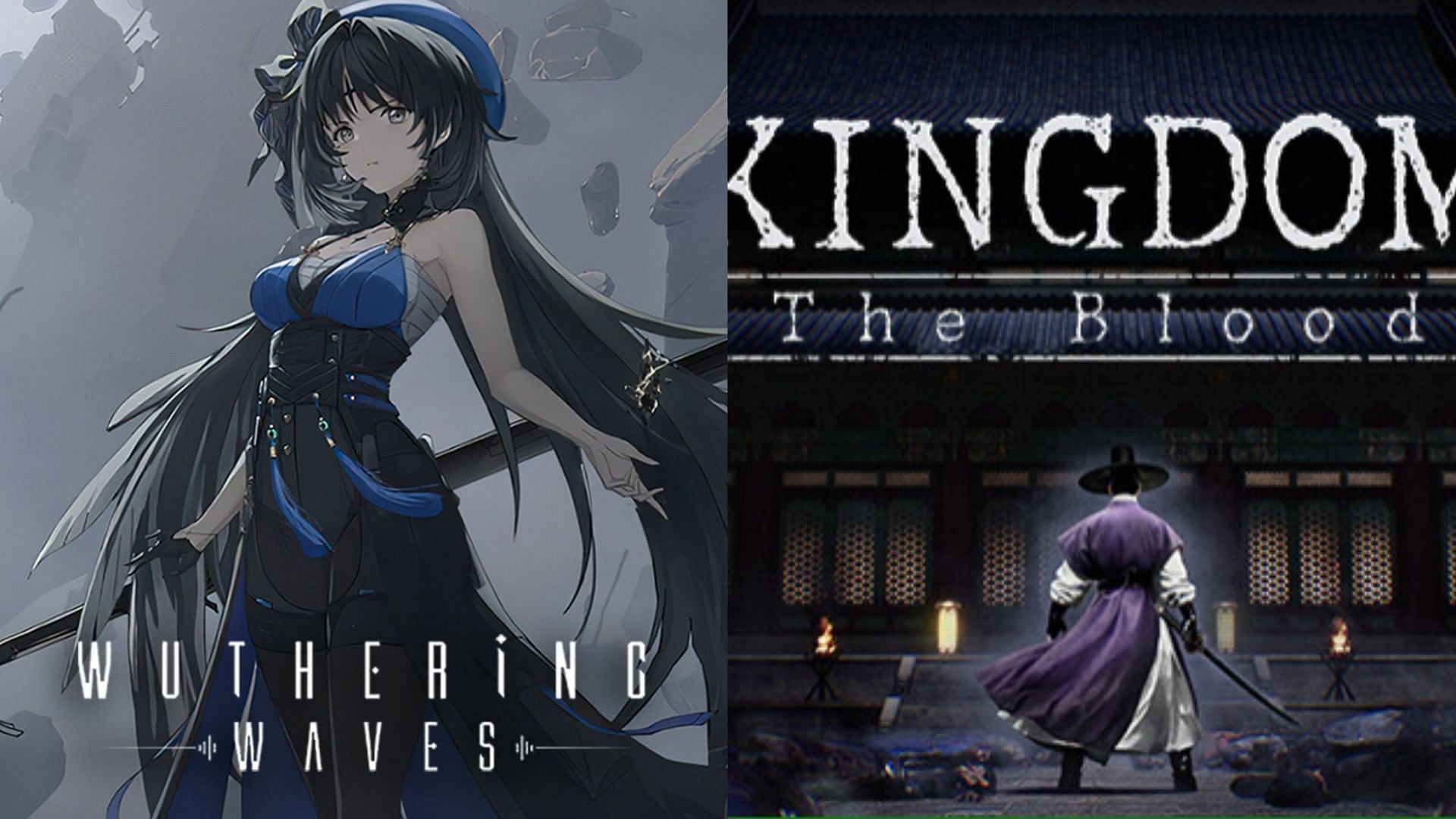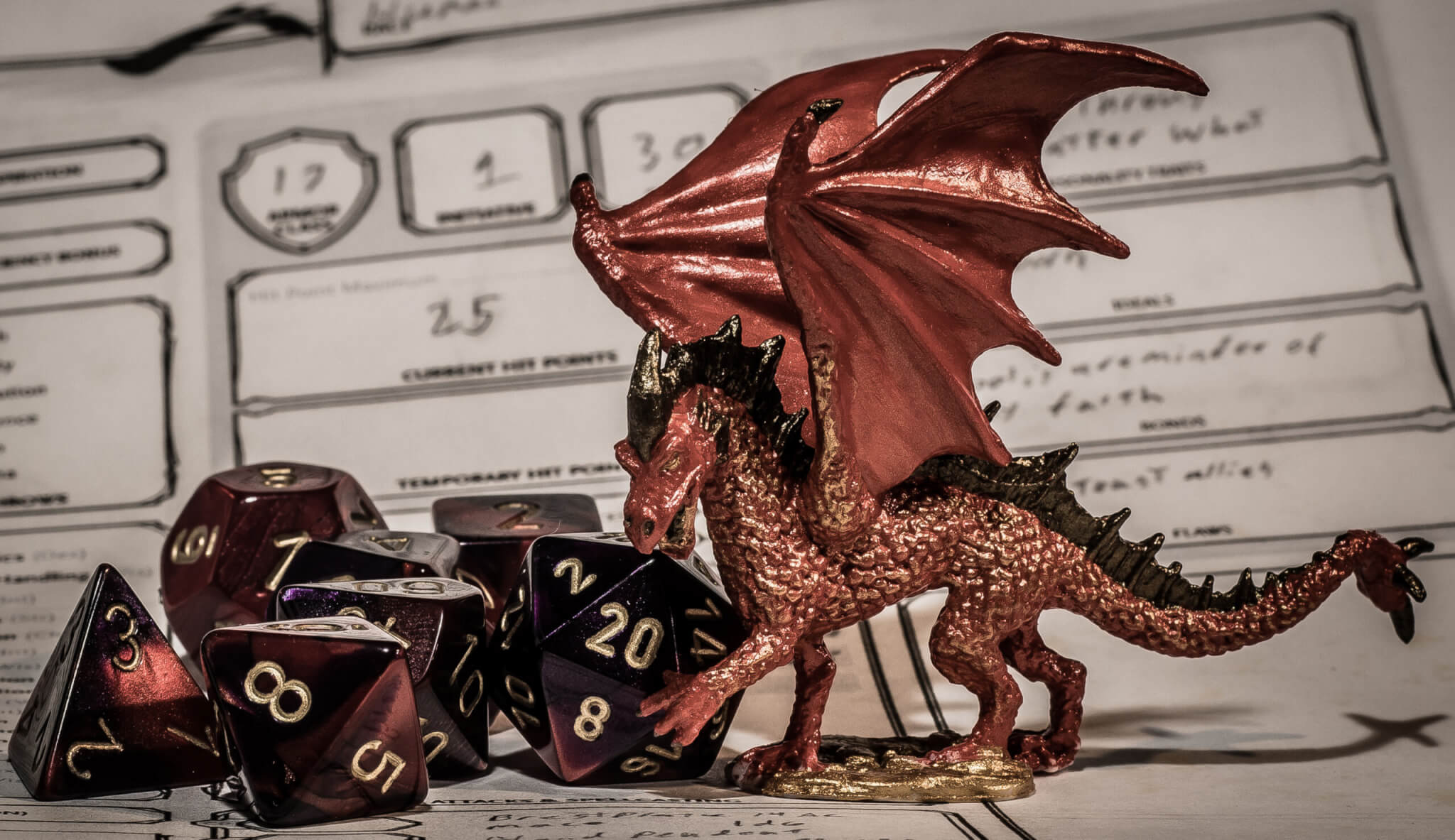
Beyond Dice Rolls and Dungeon Crawls: Exploring the Evolution and Enduring Appeal of Adventure RPGs
The RPG landscape is vast and varied, a sprawling kingdom encompassing everything from intricate tactical battles to deeply personal character dramas. But within this grand domain lies a particularly alluring province: the Adventure RPG. These titles, more than just crunching numbers and optimizing builds, prioritize exploration, discovery, and narrative engagement, offering players a vibrant world to inhabit and a compelling story to unravel. They are the games that ignite our imaginations, whisk us away to fantastical realms, and leave us with memories that linger long after the credits roll.
While the lines between genres can often blur, Adventure RPGs distinguish themselves through a potent blend of core RPG mechanics and the defining traits of adventure games. Think less about min-maxing and more about uncovering ancient secrets. Think less about grinding for levels and more about forging meaningful connections with the inhabitants of a bustling city. It’s about the journey as much as the destination, the exploration of the unknown as much as the final boss battle.
The Foundations: Text Adventures and Early Pioneers
The seeds of the Adventure RPG were sown in the fertile ground of early text-based adventures like Zork (1977). These pioneering titles immersed players in richly described worlds, demanding they solve puzzles, navigate treacherous landscapes, and interact with a cast of quirky characters using simple text commands. While lacking the visual flair of modern games, they excelled at fostering player agency and imaginative problem-solving, cornerstones of the genre.
The arrival of graphical adventures like the King’s Quest series (1984-1998) by Sierra Entertainment and The Secret of Monkey Island (1990) by LucasArts further solidified the genre’s appeal. These titles blended puzzle-solving with humor, memorable characters, and compelling narratives, laying the groundwork for the integration of RPG elements.
However, it was games like Ultima IV: Quest of the Avatar (1985) and The Legend of Zelda (1986) that truly began to bridge the gap between adventure and RPG. Ultima IV introduced a groundbreaking morality system, forcing players to confront ethical dilemmas and shape their character’s alignment through their actions. The Legend of Zelda, while arguably more action-adventure than pure RPG, incorporated elements like character progression, item collection, and exploration of a vast, interconnected world, influencing countless titles to come.
The Golden Age: RPGs Embrace Adventure
The 1990s saw a blossoming of Adventure RPGs, with titles that redefined the genre and captivated players worldwide. Chrono Trigger (1995) is a prime example, boasting a time-traveling narrative, a charismatic cast of characters, and a non-linear structure that encouraged exploration and replayability. Its focus on character relationships and moral choices resonated deeply with players, cementing its status as a timeless classic.
Meanwhile, in the realm of isometric RPGs, Fallout (1997) emerged as a landmark achievement. Set in a post-apocalyptic wasteland, it offered players unprecedented freedom to explore, make choices that drastically altered the narrative, and shape their character’s destiny. The game’s gritty atmosphere, dark humor, and intricate world-building set a new standard for RPG storytelling.
Other notable titles from this era include Lands of Lore: The Throne of Chaos (1993), which blended dungeon crawling with environmental puzzles, and Planescape: Torment (1999), a philosophical and emotionally resonant RPG that prioritized dialogue and character development over combat. These games demonstrated the diverse ways in which adventure elements could be integrated into the RPG formula.
Modern Iterations: Blurring the Lines and Expanding Horizons
The 21st century has witnessed a further evolution of the Adventure RPG, with developers pushing the boundaries of the genre and blurring the lines between RPG, action-adventure, and even immersive sims.
The Elder Scrolls V: Skyrim (2011) is a quintessential example of this trend. Its sprawling open world, coupled with a robust character customization system and a wealth of quests and activities, provides players with unparalleled freedom to forge their own path. While combat plays a significant role, the true appeal of Skyrim lies in its exploration, its rich lore, and its ability to make players feel like they are truly living in a vibrant and dynamic world.
CD Projekt Red’s The Witcher 3: Wild Hunt (2015) took the open-world RPG to new heights with its mature storytelling, morally complex characters, and a world brimming with detail and intrigue. Its branching narratives and impactful choices ensured that every player’s experience felt unique and meaningful.
More recently, games like Disco Elysium (2019) have demonstrated the power of narrative-driven RPGs, focusing on intricate dialogue, character development, and a unique skill system that shapes the player’s personality and abilities. Its emphasis on investigation and deduction, coupled with its surreal and thought-provoking storyline, has garnered critical acclaim.
Other modern examples include Kingdom Come: Deliverance (2018), a historically accurate RPG that emphasizes realism and immersion, and Outer Wilds (2019), a time-looping mystery game that rewards exploration and discovery. These titles demonstrate the ongoing innovation and diversity within the Adventure RPG genre.
Key Characteristics of the Adventure RPG
While the specific elements may vary from game to game, certain core characteristics define the Adventure RPG:
- Emphasis on Exploration: Adventure RPGs often feature vast and detailed worlds, encouraging players to explore every nook and cranny, uncover hidden secrets, and discover new locations.
- Compelling Narrative: A strong storyline is crucial, often involving mysteries to solve, quests to complete, and characters to interact with. Branching narratives and meaningful choices that impact the story are common.
- Character Development: Players typically have the ability to customize their character’s skills, abilities, and appearance, shaping their playstyle and role within the game world.
- Puzzle Solving and Problem Solving: Many Adventure RPGs incorporate puzzles, riddles, and other challenges that require players to think critically and creatively.
- Meaningful Interactions: Dialogue options and interactions with NPCs are often more than just transactional; they can reveal crucial information, forge alliances, and shape the player’s reputation.
- World-Building and Lore: A rich and detailed world, with its own history, culture, and mythology, is essential for creating a truly immersive experience.
- Focus on Player Agency: Adventure RPGs empower players to make choices that have a tangible impact on the game world and the story, fostering a sense of ownership and investment.
The Enduring Appeal
The enduring appeal of Adventure RPGs lies in their ability to transport players to fantastical realms, immerse them in compelling narratives, and empower them to shape their own destinies. They offer a unique blend of exploration, problem-solving, and character development, providing a richer and more engaging experience than many other genres.
In a world increasingly dominated by fast-paced action and competitive multiplayer games, Adventure RPGs offer a welcome respite, a chance to slow down, explore, and lose oneself in a captivating story. They are the games that remind us of the power of imagination, the thrill of discovery, and the enduring appeal of a well-crafted adventure. As technology continues to evolve and developers continue to innovate, the future of the Adventure RPG genre looks brighter than ever. We can expect to see even more ambitious and immersive titles that push the boundaries of storytelling, world-building, and player agency, continuing to captivate and inspire players for generations to come.

